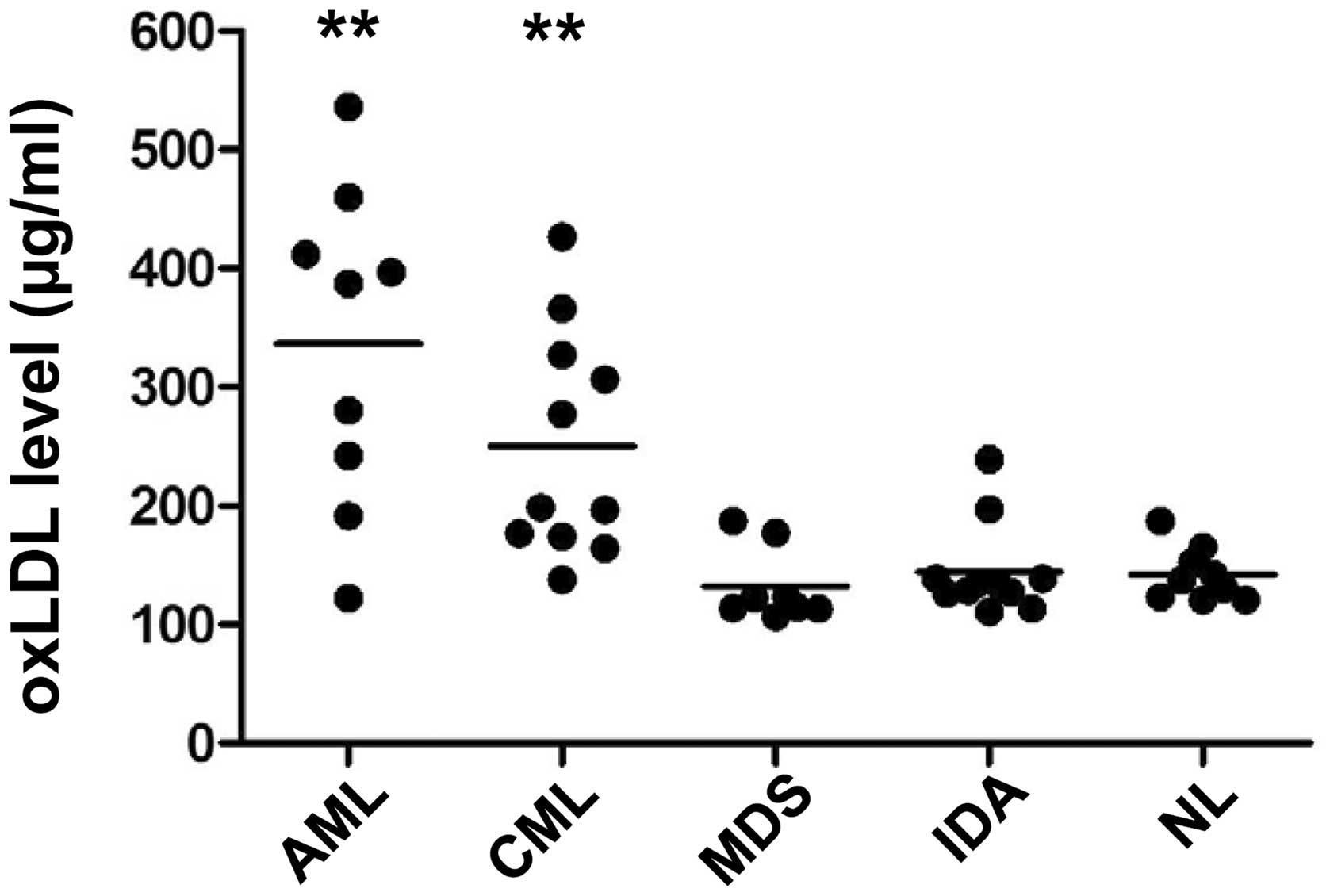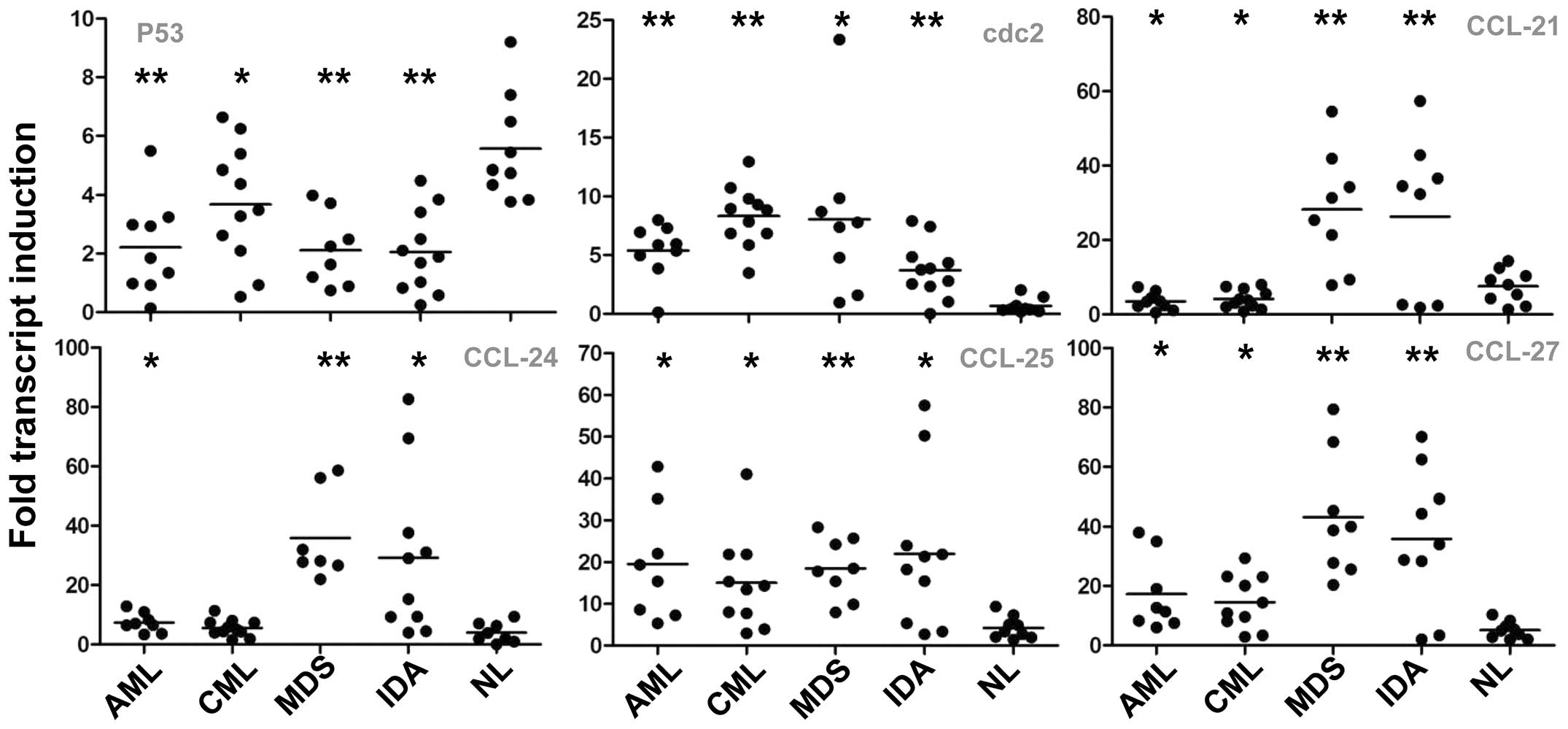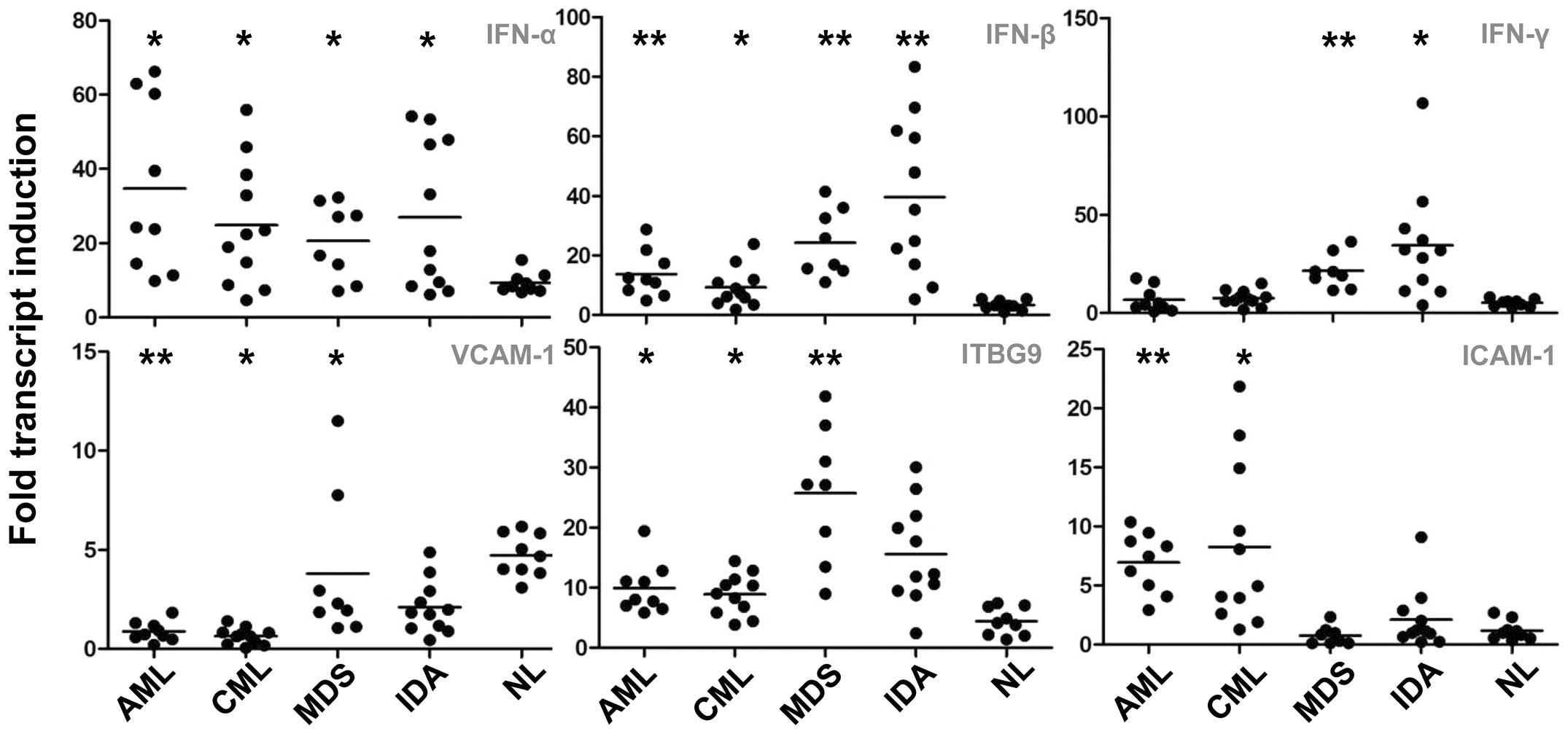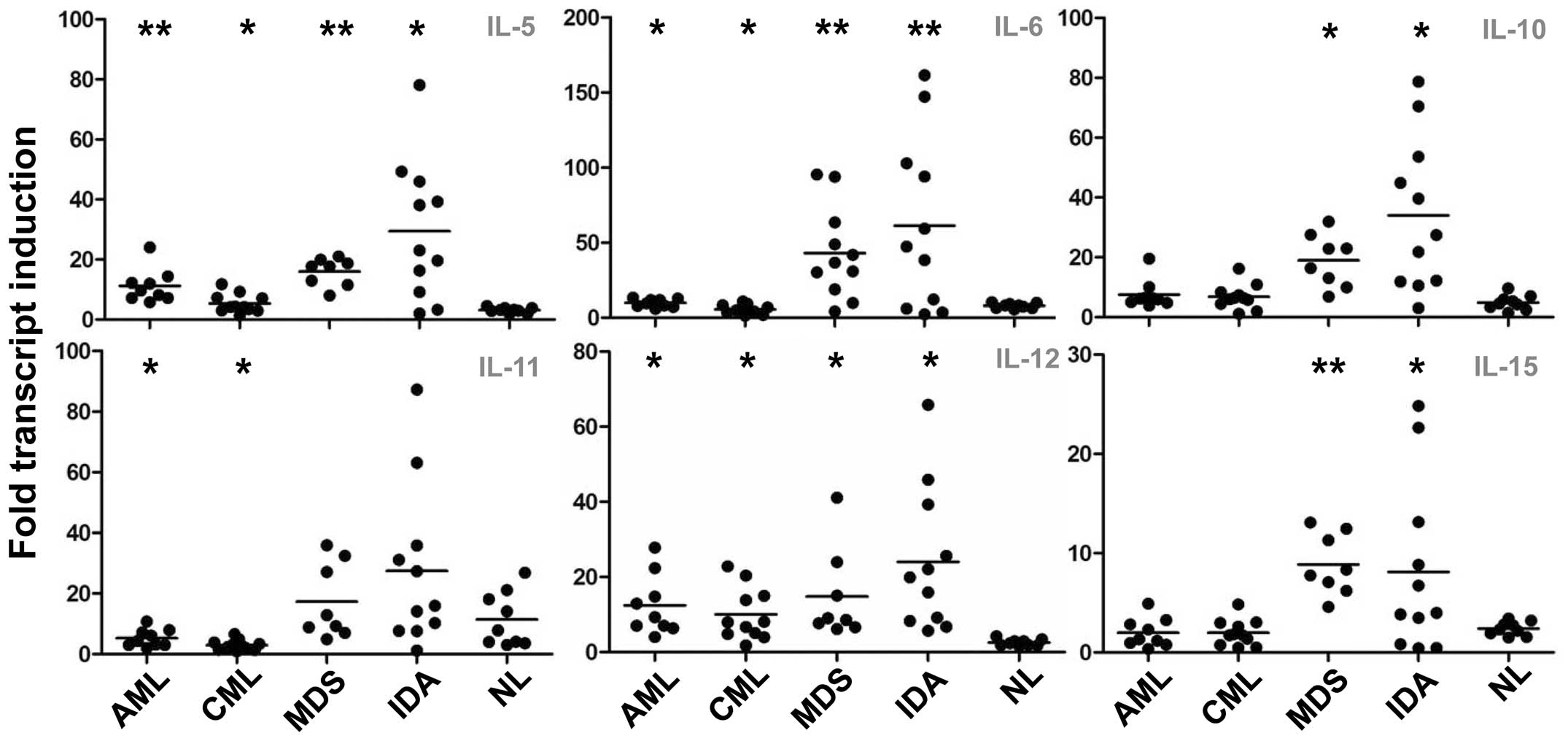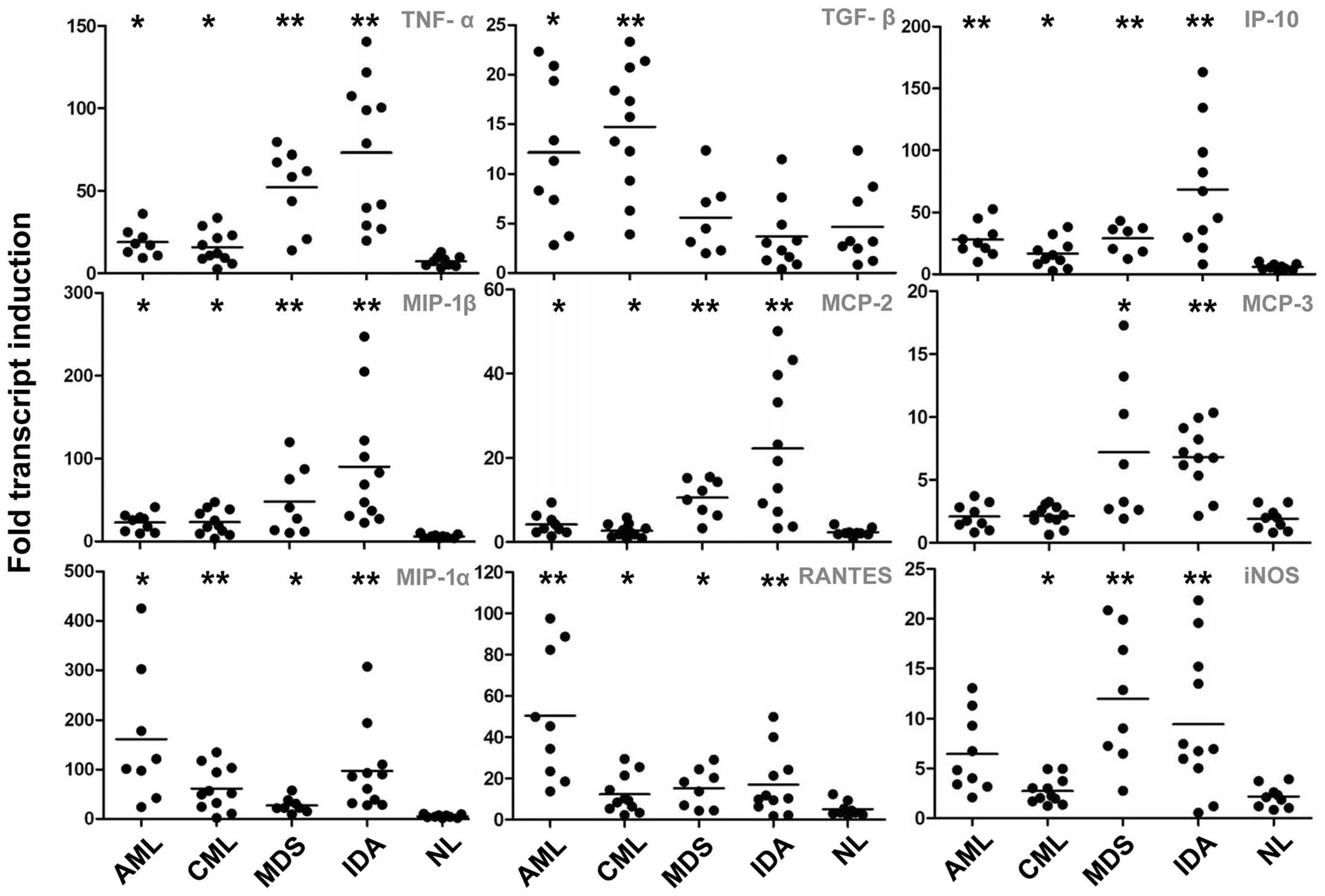|
1
|
Chadban S, Chan M, Fry K, et al: CARI: The
CARI guidelines. Nutritional management of dyslipidaemia in adult
kidney transplant recipients. Nephrology (Carlton). 15:Suppl 1.
S62–S67. 2010. View Article : Google Scholar : PubMed/NCBI
|
|
2
|
Griffith ML, Savani BN and Boord JB:
Dyslipidemia after allogeneic hematopoietic stem cell
transplantation: Evaluation and management. Blood. 116:1197–1204.
2010. View Article : Google Scholar : PubMed/NCBI
|
|
3
|
Tonkin A, Barter P, Best J, et al:
National Heart Foundation of Australia; Cardiac Society of
Australia and New Zealand: National Heart Foundation of Australia
and the Cardiac Society of Australia and New Zealand: Position
statement on lipid management - 2005. Heart Lung Circ. 14:275–291.
2005.PubMed/NCBI
|
|
4
|
Ray G and Husain SA: Role of lipids,
lipoproteins and vitamins in women with breast cancer. Clin
Biochem. 34:71–76. 2001. View Article : Google Scholar : PubMed/NCBI
|
|
5
|
Diao Y, Li H, Li H, et al: Association of
serum levels of lipid and its novel constituents with the different
stages of esophageal carcinoma. Lipids Health Dis. 8:482009.
View Article : Google Scholar : PubMed/NCBI
|
|
6
|
Gottardi M, Manzato E and Gherlinzoni F:
Imatinib and hyperlipidemia. N Engl J Med. 353:2722–2723. 2005.
View Article : Google Scholar : PubMed/NCBI
|
|
7
|
Li H, Diao YT, Li HQ, et al: The
association between serum levels of oxLDL-IgG and oxLDL-IgM
autoantibody with adult acute myeloblastic leukaemia. Lipids Health
Dis. 9:112010. View Article : Google Scholar : PubMed/NCBI
|
|
8
|
Bielecka-Dąbrowa A, Hannam S, Rysz J and
Banach M: Malignancy-associated dyslipidemia. Open Cardiovasc Med
J. 5:35–40. 2011. View Article : Google Scholar : PubMed/NCBI
|
|
9
|
Tatsuguchi M, Furutani M, Hinagata J, et
al: Oxidized LDL receptor gene (OLR1) is associated with the risk
of myocardial infarction. Biochem Biophys Res Commun. 303:247–250.
2003. View Article : Google Scholar : PubMed/NCBI
|
|
10
|
Chen M, Masaki T and Sawamura T: LOX-1,
the receptor for oxidized low-density lipoprotein identified from
endothelial cells: Implications in endothelial dysfunction and
atherosclerosis. Pharmacol Ther. 95:89–100. 2002. View Article : Google Scholar : PubMed/NCBI
|
|
11
|
Ross R: Atherosclerosis - an inflammatory
disease. N Engl J Med. 340:115–126. 1999. View Article : Google Scholar : PubMed/NCBI
|
|
12
|
Castelló IB: Hyperlipidemia: A risk factor
for chronic allograft dysfunction. Kidney Int Suppl. 73–77. 2002.
View Article : Google Scholar : PubMed/NCBI
|
|
13
|
Drüeke TB, Abdulmassih Z, Lacour B, Bader
C, Chevalier A and Kreis H: Atherosclerosis and lipid disorders
after renal transplantation. Kidney Int Suppl. 31:S24–S28.
1991.PubMed/NCBI
|
|
14
|
Mehta JL, Chen J, Hermonat PL, Romeo F and
Novelli G: Lectin-like, oxidized low-density lipoprotein receptor-1
(LOX-1): A critical player in the development of atherosclerosis
and related disorders. Cardiovasc Res. 69:36–45. 2006. View Article : Google Scholar : PubMed/NCBI
|
|
15
|
Silverstein DM, Palmer J, Polinsky MS,
Braas C, Conley SB and Baluarte HJ: Risk factors for hyperlipidemia
in long-term pediatric renal transplant recipients. Pediatr
Nephrol. 14:105–110. 2000. View Article : Google Scholar : PubMed/NCBI
|
|
16
|
Wang Y, Li H, Diao Y, et al: Relationship
between oxidized LDL antibodies and different stages of esophageal
carcinoma. Arch Med Res. 39:760–767. 2008. View Article : Google Scholar : PubMed/NCBI
|
|
17
|
Petridou E, Mantzoros CS, Dessypris N,
Dikalioti SK and Trichopoulos D: Adiponectin in relation to
childhood myeloblastic leukaemia. Br J Cancer. 94:156–160. 2006.
View Article : Google Scholar : PubMed/NCBI
|
|
18
|
Chung FL, Nath RG, Ocando J, Nishikawa A
and Zhang L: Deoxyguanosine adducts of t-4-hydroxy-2-nonenal are
endogenous DNA lesions in rodents and humans: Detection and
potential sources. Cancer Res. 60:1507–1511. 2000.PubMed/NCBI
|
|
19
|
Eichholzer M, Stähelin HB, Gutzwiller F,
Lüdin E and Bernasconi F: Association of low plasma cholesterol
with mortality for cancer at various sites in men: 17-y follow-up
of the prospective Basel study. Am J Clin Nutr. 71:569–574.
2000.PubMed/NCBI
|
|
20
|
Iribarren C, Reed DM, Burchfiel CM and
Dwyer JH: Serum total cholesterol and mortality. Confounding
factors and risk modification in Japanese-American men. JAMA.
273:1926–1932. 1995. View Article : Google Scholar : PubMed/NCBI
|
|
21
|
Puccetti L, Pasqui AL, Bruni F, et al:
Lectin-like oxidized-LDL receptor-1 (LOX-1) polymorphisms influence
cardiovascular events rate during statin treatment. Int J Cardiol.
119:41–47. 2007. View Article : Google Scholar : PubMed/NCBI
|
|
22
|
Uchida K: 4-Hydroxy-2-nonenal: A product
and mediator of oxidative stress. Prog Lipid Res. 42:318–343. 2003.
View Article : Google Scholar : PubMed/NCBI
|
|
23
|
Vicari AP and Caux C: Chemokines in
cancer. Cytokine Growth Factor Rev. 13:143–154. 2002. View Article : Google Scholar : PubMed/NCBI
|
|
24
|
Guyton KZ and Kensler TW: Oxidative
mechanisms in carcinogenesis. Br Med Bull. 49:523–544.
1993.PubMed/NCBI
|
|
25
|
Wiseman H and Halliwell B: Damage to DNA
by reactive oxygen and nitrogen species: Role in inflammatory
disease and progression to cancer. Biochem J. 313:17–29.
1996.PubMed/NCBI
|
|
26
|
Kelly K, Cochran BH, Stiles CD and Leder
P: Cell specific regulation in normal and neoplastic cells. Adv
Cancer Res. 56:1–48. 1990.
|
|
27
|
Oberhammer F, Bursch W, Parzefall W, et
al: Effect of transforming growth factor beta on cell death of
cultured rat hepatocytes. Cancer Res. 51:2478–2485. 1991.PubMed/NCBI
|















